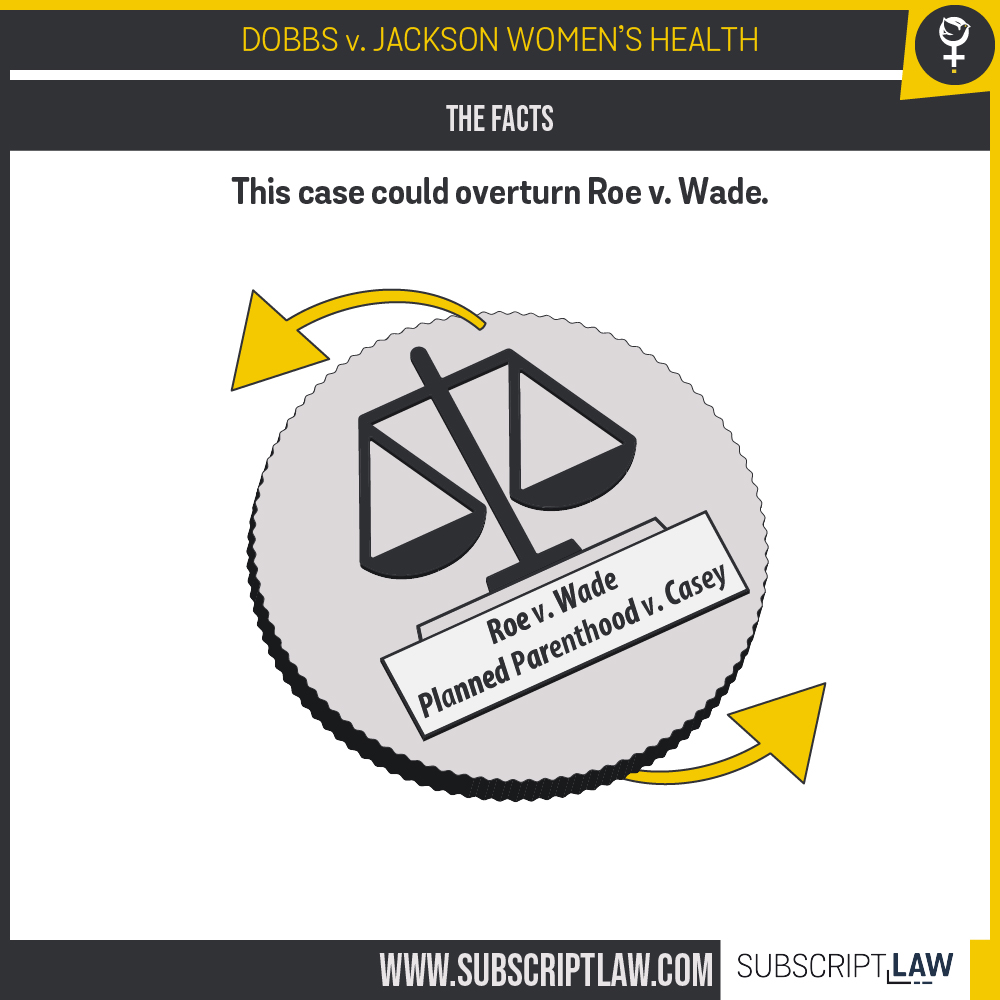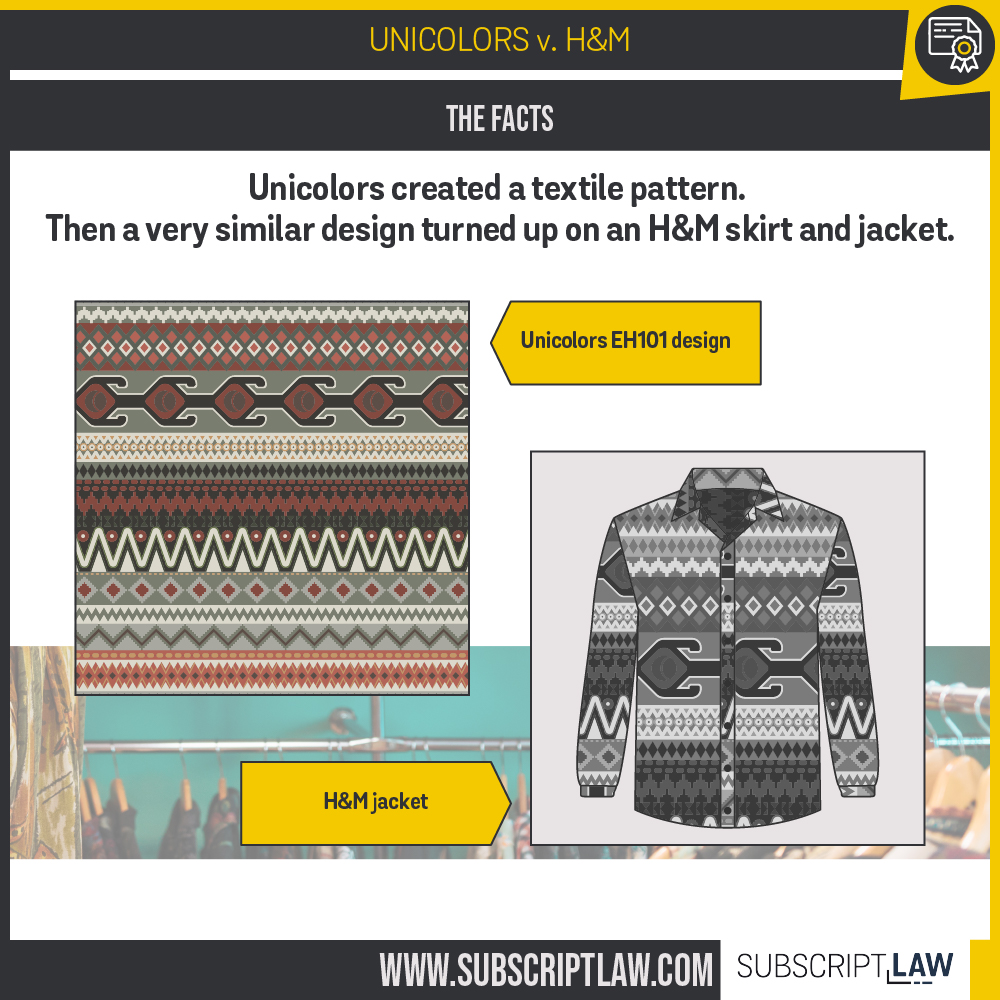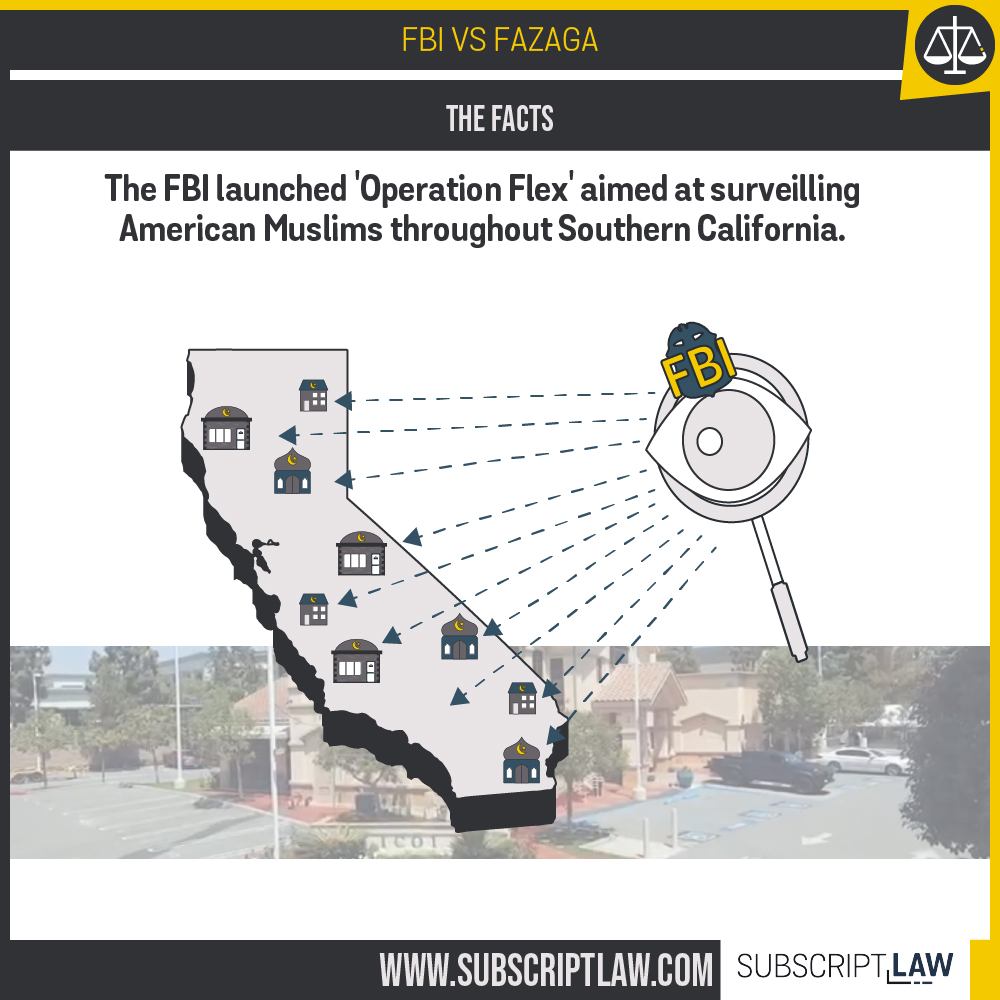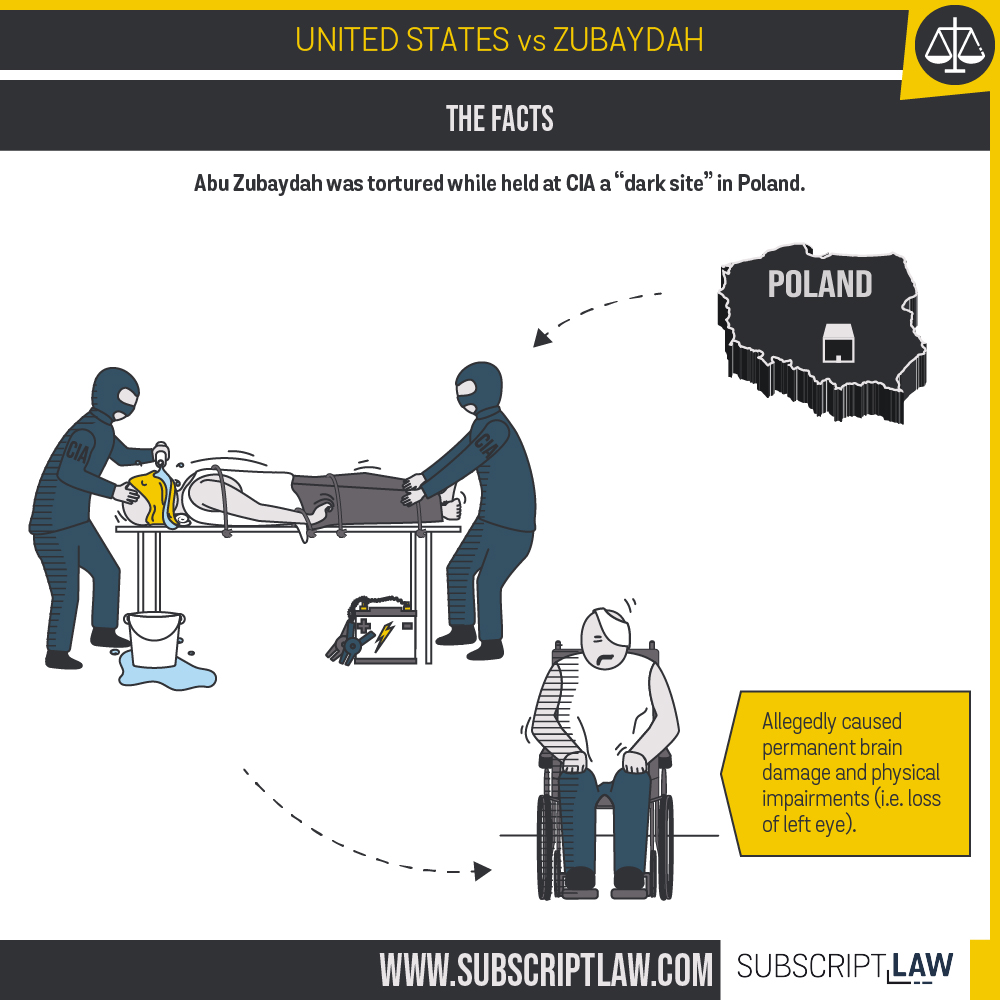
You may remember the same sex marriage decision (Obergefell v. Hodges).
It said everyone has the fundamental right to marry, regardless of their sexual orientation. In that decision, the Constitution came through with a Due Process protection. Substantive due process is a fundamental liberty right, which is different than general anti-discrimination. The ruling was not a ruling giving gay people a right to equal protection under the law. The Due Process right is limited to marriage.
Here, we have a different situation.
In Masterpiece Cakeshop v. Colorado Human Rights Commission, a Colorado law goes further than our Constitution. It gives LGBT individuals equal protection under Colorado law. In other words, it prohibits discrimination on the basis of sexual orientation, even on the part of private parties – like a cake shop.
Here is Part I of our graphic explainer series on the case.
It will be heard in the Supreme Court in the upcoming term.
The point of Part I is to consider legal posturing.
Legal claims are available only in certain contexts: dependent on who was harmed and who took the allegedly illegal action. In this situation, the Constitution is not available to the engaged couple for a couple reasons.
Procedural History
Cases in the Supreme Court usually come from one of the nation’s 13 Circuit Courts of Appeals (federal cases), or from the highest state court (state cases). However, this case is different. It never went to the Colorado Supreme Court.
The case started as an administrative case. The engaged couple filed a claim against the cake shop owner with the Colorado Human Rights Commission. The cake shop (and shop owner), who lost, appealed to a Colorado first-level appeals court. They lost again and the Colorado Supreme Court refused to hear the case.
Only then was the cake shop eligible to file in the Supreme Court. And the case was accepted.







